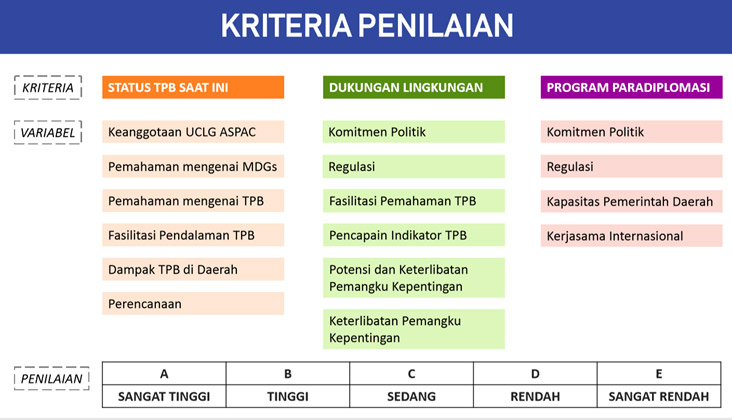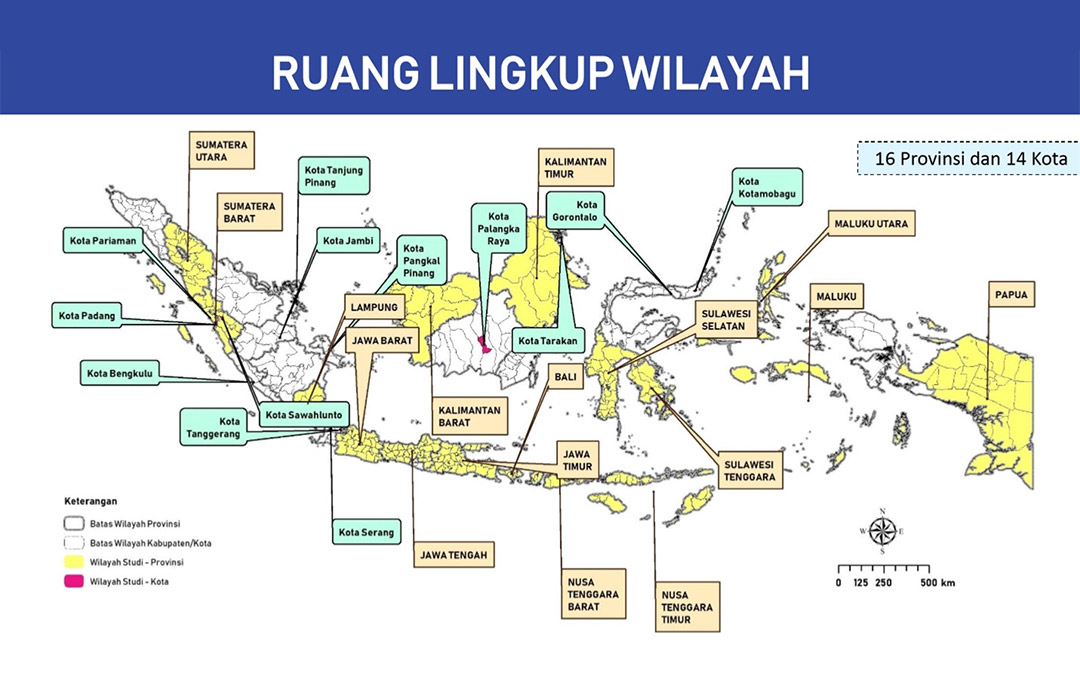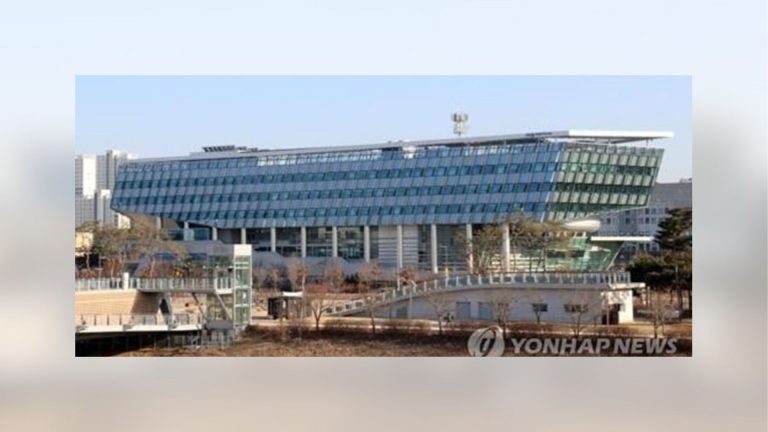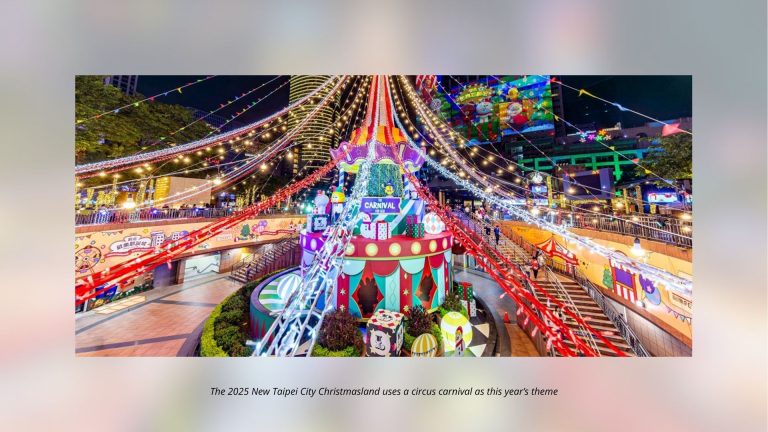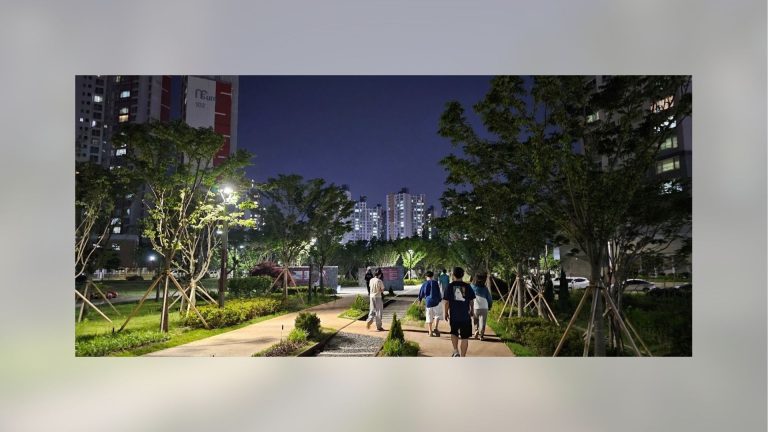Indonesia – Collaboration of UCLG ASPAC – APEKSI under the framework of LOCALISE SDGs is entering its second phase on 2019. Main activity already conducted was Baseline Survey assessing capacity of local government in 16 provinces and 14 cities targeted. While the baseline survey is in finalisation step, there are some interesting points worth noted.
The survey uses three basic criteria: the existing situation about SDGs implementation, enabling environment, and para-diplomacy program. The survey started with secondary data analysis, Focus Group Discussion to see level of understanding (conducted in the Kick Off meeting), and finally the questionnaire was spread to all targeted cities and provinces, local training evaluation, questionnaire result analysis, strategic issue development and at the end the team develop strategic recommendation.
From the survey, it shows that MDGs is a proper modality for local governments (LGs) to understand the SDGs and LGs have no difficulties to synchronise SDGs with their local development agenda. There are 13 out of 16 provinces show proper understanding. As for cities, there are three cities that fall into this category: Jambi, Bengkulu, and Pangkal Pinang.
On enabling environment, the survey shows that most of the targeted provinces have better enabling environment in terms of political commitment, local regulation, research on SDGs, stakeholder potential and involvement, and SDGs’ attainment indicator. West Java and Pangkal Pinang are found favourable for enabling environment.
As for para-diplomacy, not many local governments put it in their development agenda. Based on the survey, only 13 out of 30 LOCALISE SDGs working area have international cooperation.
The result of baseline survey has also given a new perspective for LOCALISE SDGS team to set up upcoming capacity building training activities for local governments in 2019. The training will focus on the SDGs action plan development and implementation. The module consists of five main themes: SDGs on Local Development Planning, Multi Stakeholder Partnership for SDGs, SDGs Standarisation, Alternative Financing for SDGs, and SDGs Monitoring for Government in national and sub-national level.
The development of second phase module is another fresh start for LOCALISE SDGs team to carry on its activities and contribute to the achievement of 2030 Agenda in Indonesia.
